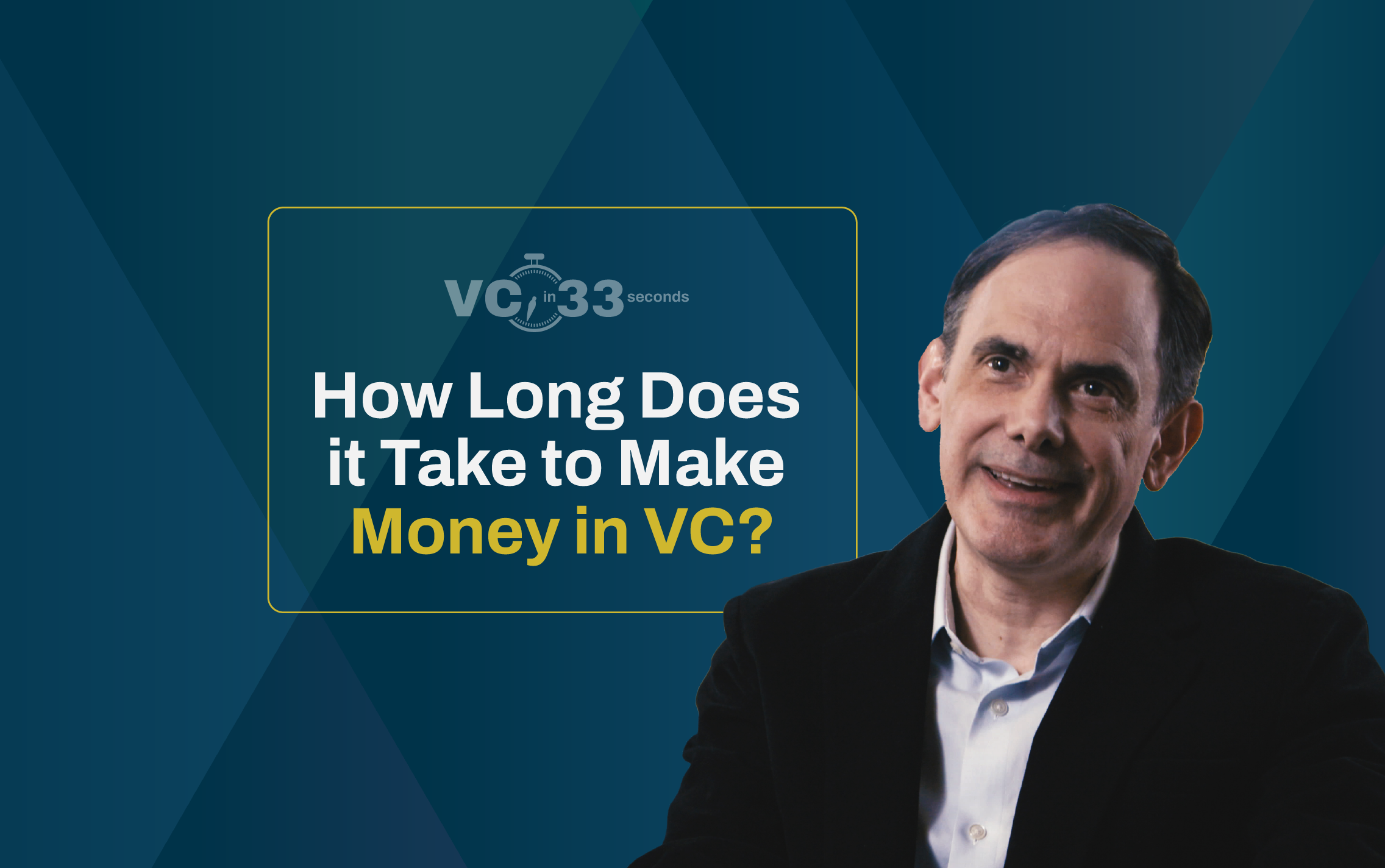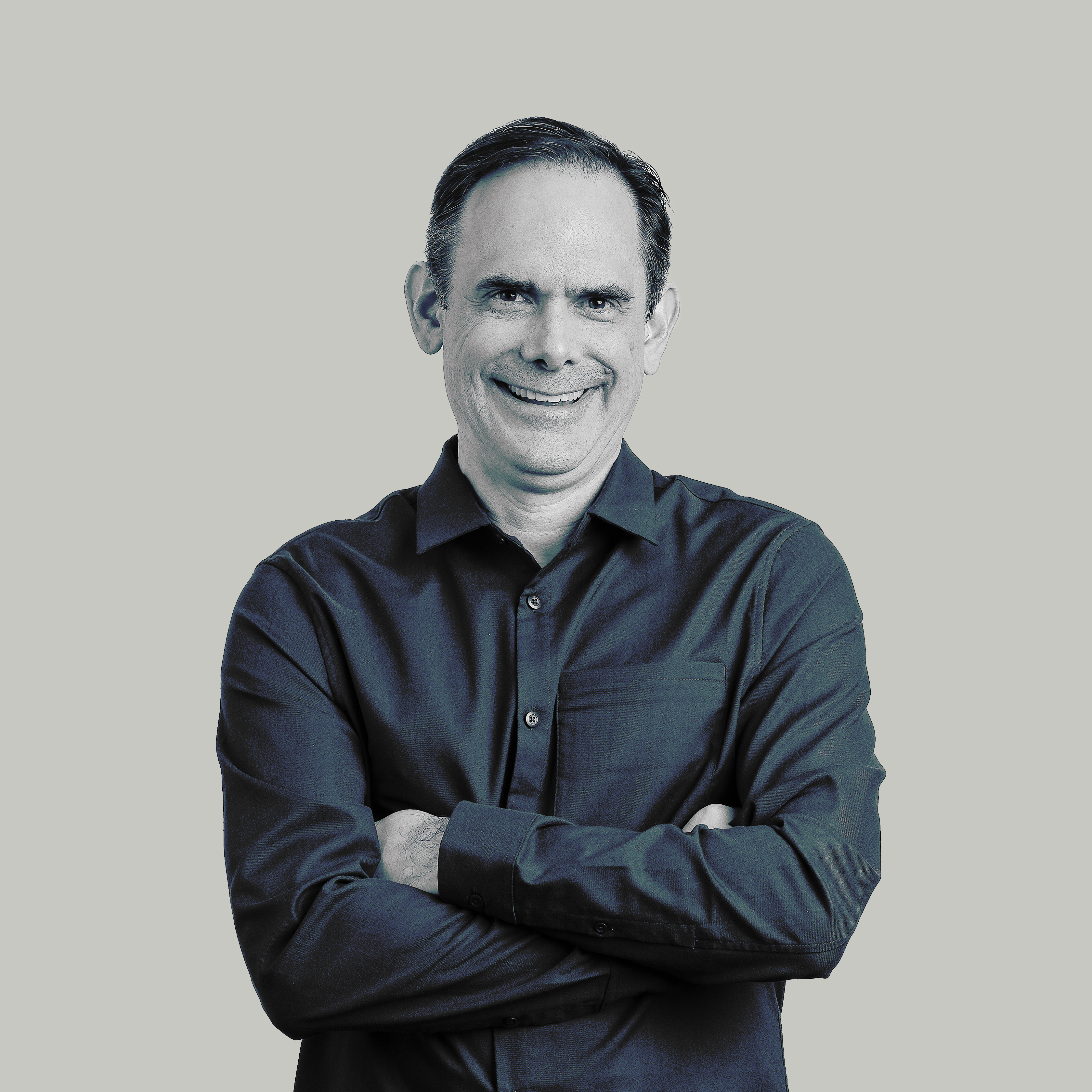How Long Does it Take to Make Money in VC?
VC in 33 Seconds

In venture capital, patience is key. In this video, we break down how long it typically takes to see returns from venture investments. From early down rounds to big exits that can take years, we share insights on why this is a long-term asset class and what to expect when investing in a VC fund. Join us as we explore the journey from investment to potential payoff and why successful exits often come later in the process.
VC in 33: How Long Does it Take to Make Money in VC?
See video policy below.
Venture capital requires a long-term view. In this video, we explain the typical timeline for seeing returns, highlighting why early volatility is common and big wins often take years. Learn what to expect from the investment lifecycle in a VC fund — from initial challenges to eventual exits — and why patience can pay off.
Subscribe to Our YouTube Channel!
Enjoyed this video? There’s more to come! Subscribe to our YouTube channel to get notified whenever we release new content. Click to stay in the loop and never miss an update!

Chris Sklarin
Managing Partner, Castor VenturesChris has 30+ years of experience in venture capital, product development, and sales engineering. As an investor, he has deployed over $100 million into companies across all stages, from seed to growth/venture. At AV, Chris has built Castor Ventures from Fund 2 – 9 to over 150 portfolio companies. Prior to Castor, Chris was a Vice President at Edison Partners, where he focused on Enterprise 2.0 and mobile investments. Previously, Chris served as Director of Business Development at a biomedical venture accelerator and at an early-stage venture firm. Earlier in his investing career, as part of JumpStart, a nationally recognized venture development organization, Chris sourced and executed seed-stage investments. Chris received his SB in Electrical Engineering from MIT in 1988 and his MBA from the Haas School of Business at the University of California, Berkeley.
Frequently Asked Questions
FAQ
You can find the full transcript below:
Chris Sklarin:
It’s definitely a big cliché in venture capital, right? The lemon’s ripening early. Typically, the companies that aren’t going to work out, can’t find product markets fit, cannot figure out exactly what is driving the buyer of their product to get there and get to the big growth. They’re the ones that are going to run out of cash early and probably aren’t going to continue. The larger companies that do really well tend to take a little longer, and they’re going to take that 5, 7, 8, 9 years to get to the point of actually exiting. So, you kind of have to understand there’s a 10-year asset class. You’re coming into a fund, don’t expect to get those monies back quickly, but the big returns can come near the end of the fund, because that’s when those big exits typically come for the best performing companies.
Important Disclosure Information
The Tech Optimist Podcast is for informational purposes only. It is not personalized advice and is neither an offer to sell, nor a solicitation of an offer to purchase, any security. Such offers are made only to eligible investors, pursuant to the formal offering documents of appropriate investment funds. Please consult with your advisors before making any investment with Alumni Ventures. For more information, please see here.
One or more investment funds affiliated with AV may have invested, or may in the future invest, in some of the companies featured on the Podcast. This circumstance constitutes a conflict of interest. Any testimonials or endorsements regarding AV on the Podcast are made without compensation but the providers may in some cases have a relationship with AV from which they benefit. All views expressed on the Podcast are the speaker’s own. Any testimonials or endorsements expressed on the Podcast do not represent the experience of all investors or companies with which AV invests or does business.
The Podcast includes forward-looking statements, generally consisting of any statement pertaining to any issue other than historical fact, including without limitation predictions, financial projections, the anticipated results of the execution of any plan or strategy, the expectation or belief of the speaker, or other events or circumstances to exist in the future. Forward looking statements are not representations of actual fact, depend on certain assumptions that may not be realized, and are not guaranteed to occur. Any forward- looking statements included in this communication speak only as of the date of the communication. AV and its affiliates disclaim any obligation to update, amend, or alter such forward-looking statements whether due to subsequent events, new information, or otherwise.
